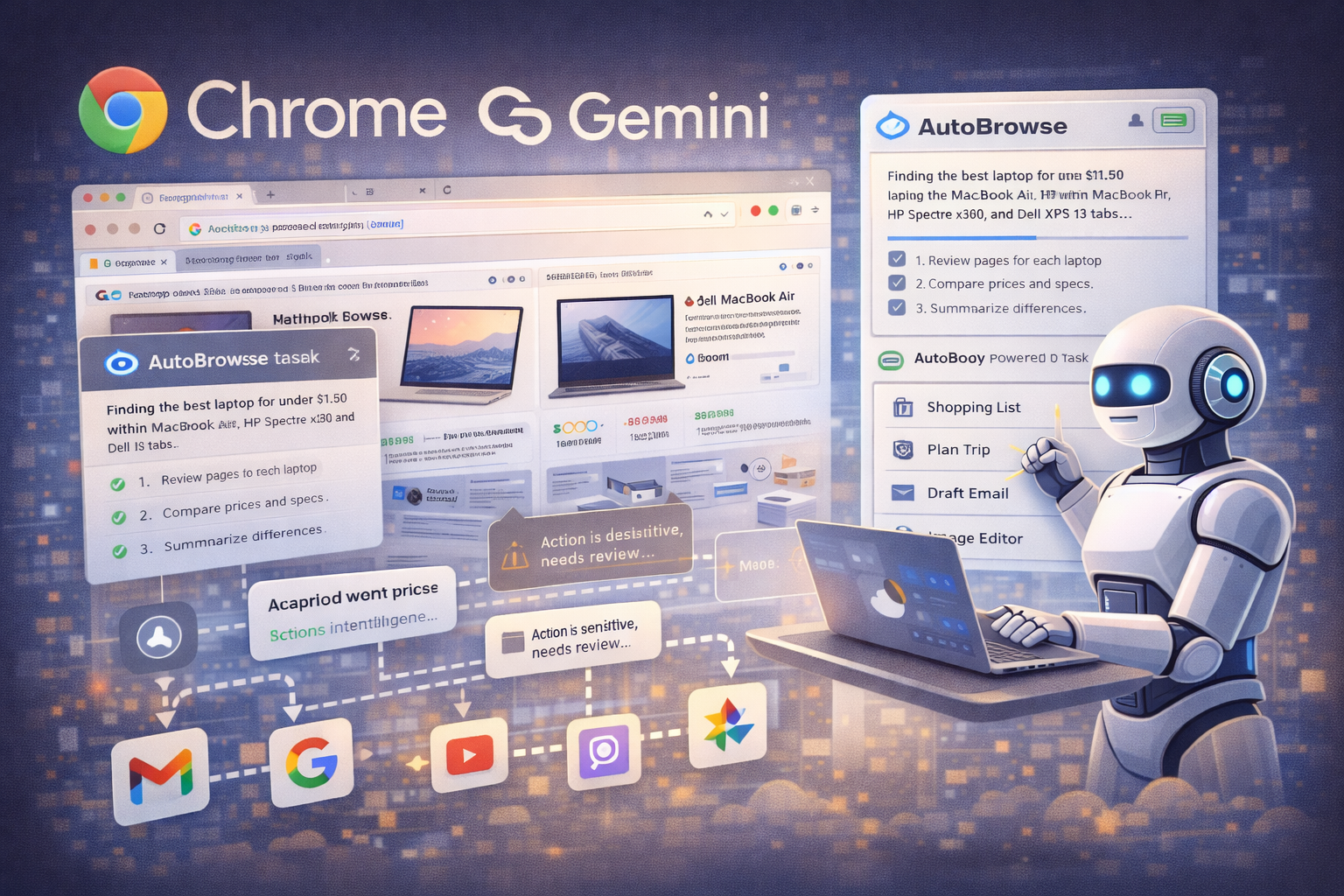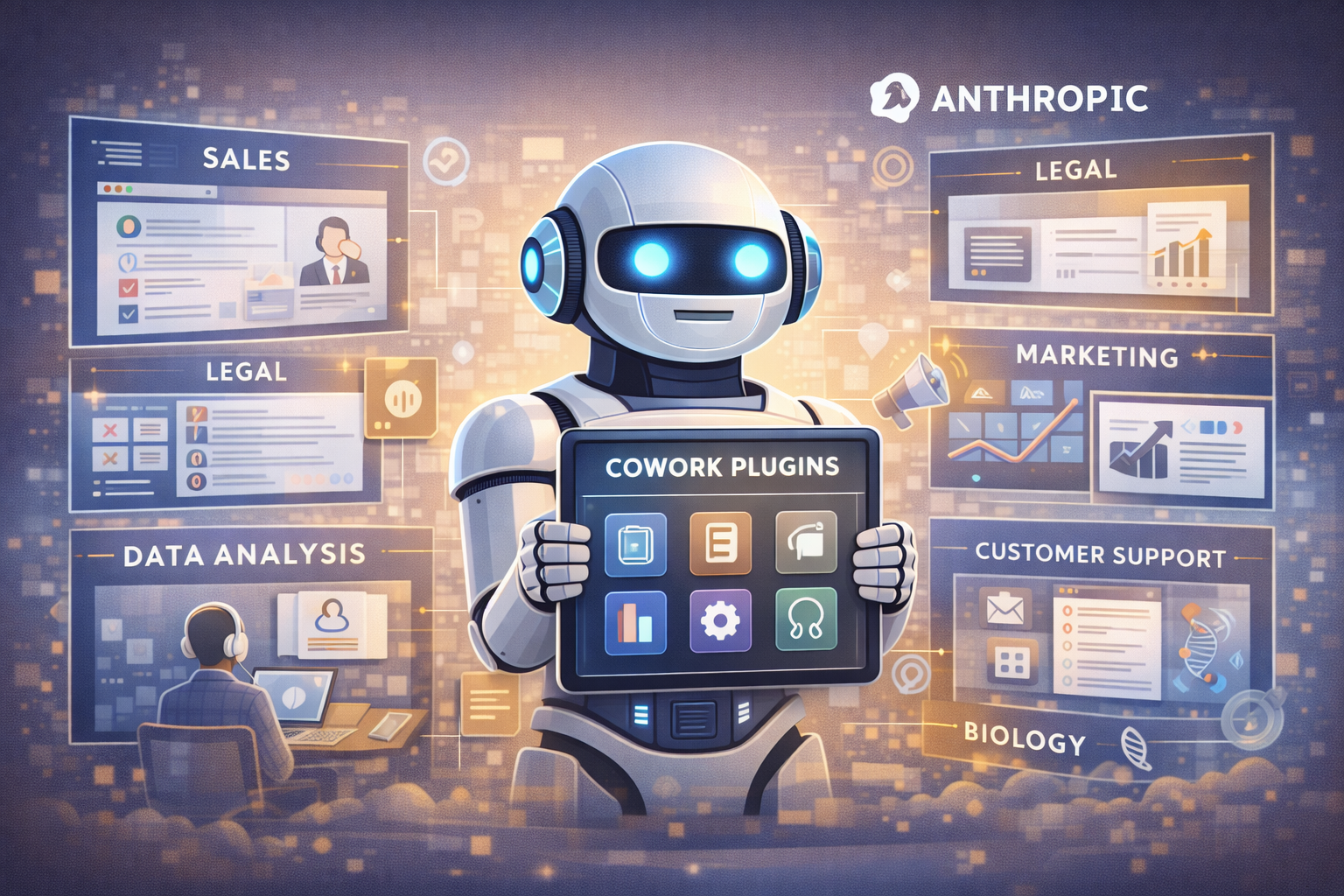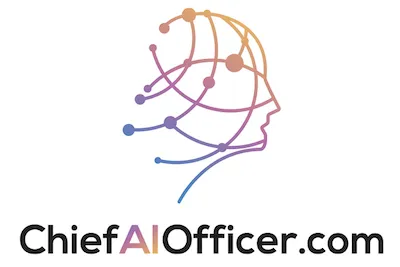AI agents are revolutionizing how businesses operate in 2025. As someone who’s spent years helping companies implement cutting-edge AI solutions, I’ve witnessed firsthand how AI agents can transform operations and drive growth. But there’s a lot of confusion about what these AI agents actually are and how they differ from basic automations. Despite the potential benefits, organizations often face ai agent transformation challenges that can hinder successful implementation. Resistance to change from employees, lack of understanding of AI capabilities, and the need for robust data infrastructure can create hurdles that must be addressed. Overcoming these obstacles is crucial for businesses to unlock the full potential of AI agents and achieve sustainable growth.
What Are AI Agents (And What They’re Not)
AI agents are intelligent systems that can dynamically make decisions, use tools, and accomplish goals without needing a pre-defined workflow at every step. Unlike standard automations, AI agents can adapt to new information, reflect on their actions, and change course as needed.
The key difference between AI agents and regular automations boils down to decision-making capabilities. With traditional automations, you map out every possible step and scenario. With AI agents, you define the goal and provide the tools, then the agent figures out how to accomplish that goal.
As Jake George from Agentic Brain explains:
“Agents are able to reflect, they’re goal-oriented and have tool usage. These are all things that humans have… The main thing is giving AI a goal and it being able to extrapolate what to do next.” As AI continues to evolve, it is crucial for individuals to stay relevant with ai at work by developing complementary skills that enhance collaboration between humans and machines. This partnership can drive innovation and efficiency in various fields, enabling people to leverage AI’s capabilities to solve complex problems. Embracing this technology while honing human-centric skills will ensure success in an increasingly automated workspace.
This flexibility makes AI agents incredibly powerful for handling complex business processes that would otherwise require human intervention at multiple decision points. Moreover, AI agents can analyze vast amounts of data in real-time, enabling quicker and more accurate decision-making. This capability is particularly evident in sectors such as healthcare, where the integration of AI in healthcare administration streamlines operations and reduces costs. By automating repetitive tasks, these agents allow human workers to focus on more strategic initiatives that drive innovation and enhance patient care.
The Architecture of Effective AI Agent Systems
When implemented properly, AI agent systems often resemble an organizational chart with different levels of decision-making authority:
Manager Agents
These top-level agents receive tasks, break them down into smaller pieces, and delegate to specialized sub-agents. They coordinate the overall workflow and handle reasoning and planning.
Sub-Agents (Worker Agents)
These specialized agents focus on specific domains or tools. Examples include:
-
Email agents that handle communication
-
CRM agents that manage customer data
-
Calendar agents that handle scheduling
The power comes when these agents work together. For example, when you ask a manager agent to “check on a lead and make the next steps,” it might:
-
Query the CRM agent to check the lead’s status
-
Determine they were on vacation but are returning next week
-
Instruct the email agent to draft a follow-up message
-
Direct the calendar agent to suggest available meeting times
All of this happens dynamically based on the goal, not a rigid workflow.
The Critical Misconception About AI Agents
Perhaps the biggest misconception in the AI agent space is that there’s some magical “business running agent” you can download for $20/month that will handle everything automatically. In reality, effective AI agents require careful configuration, understanding of the business context, and continuous updates to align with evolving objectives. Recent developments, such as the Goldman Sachs AI hiring news, highlight the importance of skilled professionals who can integrate and manage these technologies appropriately. Without human oversight and strategic input, even the most advanced AI tools can fall short of delivering desired results.
This simply doesn’t exist.
As Jake puts it:
“You’re not going to go online and buy for $20 a month the business-running agent that’s just going to do everything for you, figure out everything, and grow your business. That doesn’t exist now and I don’t think it’s going to exist for a while.”
Effective AI agent systems are built on:
-
Well-defined processes
-
Custom automations for specific tasks
-
Specialized sub-agents
-
A coordinating manager agent
They require customization to your specific business needs, tools, and workflows.
Process First, AI Second
One of the most important insights about implementing AI agents is that they cannot fix broken processes. If your sales process only has a 5% close rate, automating it with AI won’t magically increase that to 20%.
Before implementing AI agents, you need to:
-
Map out your current processes
-
Identify bottlenecks and inefficiencies
-
Optimize the process itself
-
Then determine where AI can enhance the optimized process
As Jake points out:
“A lot of people come like, ‘I want AI to do cold calls and close deals for me.’ It’s just like me too! That’s the infinite money printer AI and we would just love to distribute it to everyone for a very low cost.”
AI agents aren’t a way to avoid thinking about your business. They’re tools to handle repetitive, time-consuming tasks so you can focus on higher-level work. These tools not only streamline operations but also enhance productivity by providing insights and support for decision-making. With solutions like Microsoft Copilot business solutions, teams can harness the power of AI to improve collaboration and transform how they approach their projects. Ultimately, this allows for a more strategic allocation of resources, driving innovation and growth. By leveraging AI agents in the workplace, you can streamline operations and increase overall efficiency. These agents can analyze data, manage schedules, and even provide customer support, allowing you to allocate more resources to strategic initiatives. Embracing this technology not only enhances productivity but also encourages innovation within your team.
The Real-World Impact of AI Agents in Business
When implemented correctly, AI agents can dramatically improve business operations. Here are some examples: AI agents can automate repetitive tasks, enhance customer engagement, and provide valuable insights through data analysis. For instance, companies leveraging chatbots for customer support have reported significant improvements in response times and customer satisfaction. Additionally, examining duolingo user growth statistics reveals how effective AI-driven language learning platforms have been in attracting and retaining a large user base.
Sales Process Enhancement
AI agents can handle lead qualification, meeting scheduling, follow-up emails, and CRM updates—all while adapting to the specific context of each interaction.
Customer Service Automation
Agents can handle routine inquiries, escalate complex issues to the right department, and ensure consistent follow-up.
Marketing Coordination
A system of agents can manage content creation, social media posting, analytics tracking, and campaign adjustments based on performance.
In each case, the key is that the agent system can make decisions based on changing conditions without requiring manual intervention at every step.
Current State vs. Future Potential
While AI agents are already providing significant value, the technology is evolving rapidly. In 2025, we’re seeing integration of reasoning models like Claude 3 Opus that enhance decision-making capabilities. This evolution will not only streamline operations but also lead to more personalized consumer experiences. For example, nestlé’s ai in food innovation is revolutionizing recipe development, allowing the company to tailor products to specific dietary preferences and trends. As these technologies mature, businesses across various sectors will increasingly leverage AI to drive efficiency and creativity. As organizations leverage these advancements, the capabilities of AI in various sectors, including construction, are becoming increasingly pronounced. For instance, exploring the clark construction predictive ai benefits highlights how predictive analytics can streamline project timelines and reduce costs significantly. This progress not only optimizes operational efficiency but also paves the way for more data-driven decision-making across industries.
Most major software platforms are beginning to integrate agent capabilities into their products. Salesforce’s Agent Force and similar initiatives from other major platforms are just the beginning.
For those considering implementation, Jake’s advice rings true:
“Just start when it comes out. With anything in AI, you’re not really going to hurt yourself too much. Don’t tell the agent to delete your entire CRM… but kind of just test it out, see what things it’s good at.”
Even if current capabilities are limited, learning to work with these tools now positions you to take full advantage as they improve, which they will, rapidly.
Should You Consider Implementing AI Agents?
If you’re thinking about implementing AI agents in your business, consider these factors:
-
Problem complexity vs. value – Is the problem complex enough to warrant agents rather than simple automations, and does solving it provide significant value?
-
Process readiness – Are your processes well-defined and efficient enough to benefit from automation?
-
Customization needs – How specific are your requirements? Will off-the-shelf solutions work, or do you need custom development?
-
Implementation timeline – Are you prepared for the development time required for custom agent systems?
As with any transformative technology, the businesses that gain the most advantage will be those that start early, learn continuously, and adapt their approach as the technology evolves.
The AI Authority Challenge
If you want to stay ahead of the curve with AI implementation, the AI Authority Challenge offers a practical pathway. This isn’t just theory, it’s a hands-on challenge designed to give you a step-by-step plan for leveraging AI in your business immediately. By participating in this challenge, you will not only gain practical insights but also understand the importance of AI literacy for leaders in today’s fast-paced digital environment. Embracing AI literacy empowers you to make informed decisions and drive innovation within your organization. Don’t miss the opportunity to equip yourself with the necessary skills to navigate the complexities of AI effectively. By mastering the principles of AI, you position yourself to unlock new opportunities and efficiencies that can significantly enhance your business operations. Moreover, leveraging AI for business growth can set your organization apart from competitors, enabling you to adapt to market changes swiftly and strategically. Seize this chance to lead with confidence and harness the full potential of AI technologies.
The challenge covers:
-
AI-powered lead generation to attract high-value clients on autopilot
-
Using AI automation to close more deals and eliminate busywork
-
Positioning yourself as an AI expert in your market
This free training could be your gateway to understanding how AI agents fit into your business strategy. By participating, you’ll gain insights into the latest ai tools for business efficiency that can streamline processes and enhance decision-making. Moreover, you’ll learn how to leverage these technologies to gain a competitive edge in your industry. Equip yourself with the knowledge to integrate AI effectively and transform your business operations.
Looking Ahead
AI agents represent the next evolution in business automation. While we’re not yet at the point where they can completely run a business independently, they can already handle complex tasks that would have required significant human intervention just a year ago. As organizations increasingly integrate these agents into their workflows, the impact of AI on business becomes more pronounced. This shift not only enhances efficiency but also allows human employees to focus on strategic initiatives rather than mundane tasks. Ultimately, as AI technology continues to advance, we can expect an even greater transformation in how businesses operate. As AI agents become more sophisticated, they will play a crucial role in bridging AI with traditional industries, fostering innovation and improving overall productivity. Companies that leverage these technologies will not only gain a competitive edge but also redefine their operational frameworks to adapt to rapidly changing market demands. The potential for collaboration between human expertise and AI capabilities will pave the way for a more dynamic and resilient business landscape. As companies begin to adopt ai agents in business workflows, they are discovering new ways to innovate and improve customer experiences. These agents not only streamline operations but also provide valuable insights through data analysis and pattern recognition. With ongoing developments in AI, the potential for these agents to drive growth and reshape industries is becoming increasingly apparent. Additionally, the rise of AI-driven content creation tools, including the ai video revolution insights, signifies a pivotal change in communication strategies for businesses. Companies are beginning to leverage these insights to create more engaging visual content that resonates with their audiences and enhances customer engagement. This innovative approach not only streamlines the production process but also ensures that businesses remain competitive in a rapidly evolving digital landscape.
The businesses that thrive in this new landscape will be those that understand both the potential and limitations of the technology and implement it strategically to augment human capabilities rather than replace them.
FAQs About AI Agents
What’s the difference between AI agents and regular AI automations? AI agents can make dynamic decisions and adapt their approach based on changing information, while regular automations follow a fixed path.
Do AI agents require coding knowledge to implement? While some agent functionality can be created with no-code tools, complex, custom agent systems typically require development expertise.
How much can AI agents really do without human oversight? Current AI agents can handle complex sequences of tasks but still benefit from human supervision for critical decisions and edge cases. As organizations explore the potential of AI, innovative applications like the BMW AI strategy for defect detection showcase how machine learning can enhance quality control processes. However, even in these advanced implementations, human expertise remains crucial to interpret nuanced situations and ensure that the AI’s outputs align with company standards. Ultimately, a collaborative approach between AI and human oversight is essential to fully harness the benefits of these technologies while mitigating risks.
Is there a “one-size-fits-all” agent solution for businesses? No. Effective agent systems need to be tailored to your specific business processes, tools, and goals.
How should businesses start implementing AI agents? Begin by mapping and optimizing your processes, then identify high-value, repetitive tasks that would benefit from intelligent automation.



